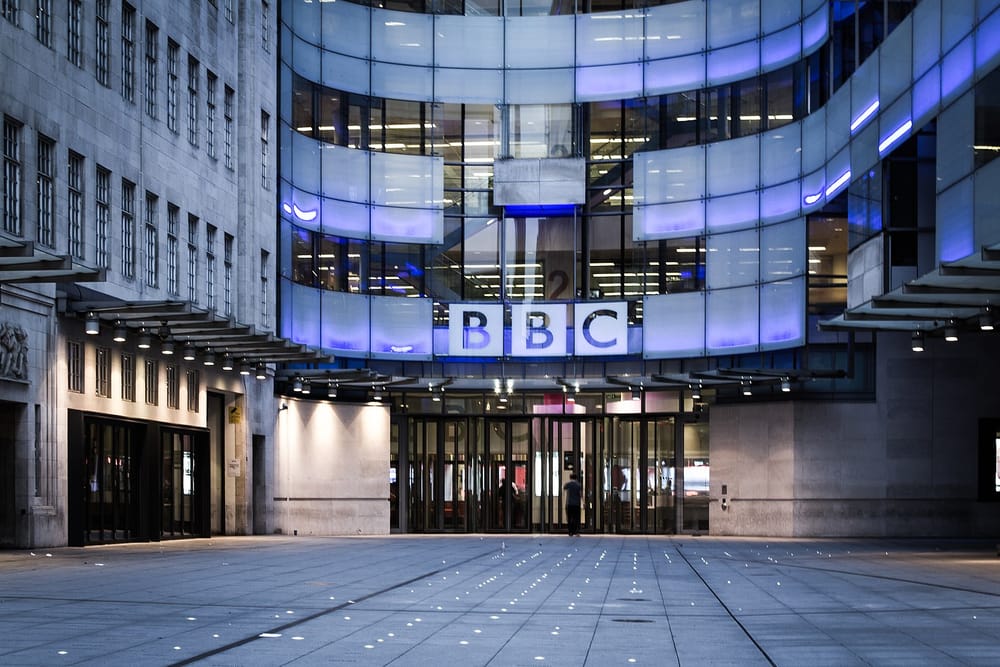HMRC wins first IR35 case since 2011
Former BBC presenter Christa Ackroyd lost her appeal against the tax authority when the FTT ruled that her personal service company, Christa Ackroyd Media Ltd, owed income tax and national insurance contributions (NICs) amounting to £420,000 for the tax years 2006/07 to 2012/13. This judgment is the first of a number of IR35 appeals involving television presenters who operated through personal service companies, following the mass IR35 clampdown in October 2016, with further rulings likely to arrive later this year. It is also the first IR35 case to be reported in seven years, and the first comprehensively won by HMRC since 2009.
Ackroyd co-presented the BBC's Look North programme and was engaged through her company, Christa Ackroyd Media Ltd, by the BBC on a seven-year contract to provide her services up to 225 days per year. It was reported in 2013 that after a three-month period spent off air, Ackroyd had been sacked by the corporation following an alleged dispute surrounding her freelance status and payment of tax. Court documents showed that the BBC terminated the arrangement following HMRC’s formal demand against Ackroyd’s company for unpaid tax, despite the insistence by the BBC that she offer her services through a limited company.
Ackroyd contended that her status for the purposes of the IR35 legislation was that of a self-employed contractor, and there was no further tax liability on the part of CAM Ltd. HMRC argued that hypothetically she was engaged under a contract of service rather than a contract for services, therefore she should be treated as an employee of the BBC. The IR35 rules were thus in point, and her company was required to pay the appropriate amount of tax and NICs based on here deemed employment. The FTT sided with HMRC, deciding that Ackroyd could not fairly be described as being in business on her own account. The ruling stated that she was “economically dependent on the hypothetical contract with the BBC”, which took up most if not all of her working time.
“In our view,” stated the judge, “a hypothetical contract of that length for at least 225 days per year and terminable only for a material breach points towards a contract of employment.” According the ruling, the existence of a seven-year contract meant that Ackroyd’s work at the BBC was pursuant to a highly stable, regular and continuous arrangement. “It involved a high degree of continuity rather than a succession of short-term engagements,” stated the case notes. “That is a pointer towards an employment contract.”
The key factors that swayed the FTT judge were:
- Ackroyd accepted that the BBC ultimately had the right to specify what services CAM Ltd would provide
- Through the editor, the BBC would have control over content, given its editorial responsibility
- Ackroyd’s contract restricted her from providing services to other organisations in the UK without the consent of the BBC
- Ackroyd was contractually obliged to perform the services, and the BBC was contractually obliged to pay fees to CAM Ltd on a monthly basis
- CAM Ltd was prohibited from using a substitute for Ackroyd
This is a warning that IR35 is still there and that it needs to be contended with. Andy Chamberlain, deputy director policy for the association of Independent Professionals and the Self Employed (IPSE) said: "This case is significant for several reasons: it’s the first IR35 ruling for seven years, it has resulted in an extremely large tax bill for an individual, and it shows that the original IR35 legislation, deeply flawed though it is, can be made to work when HMRC actually enforce it."



